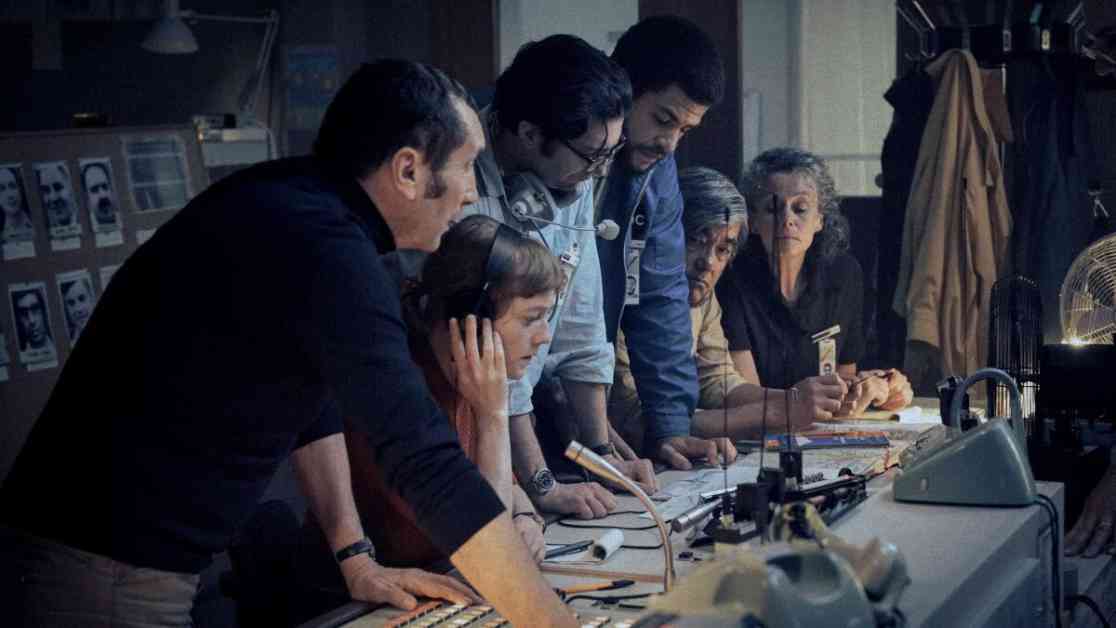On Tuesday, November 19 at 7:00 p.m., the highly anticipated documentary “September 5” will be screened. This film, directed by Tim Fehlbaum, delves into the media’s perspective on reporting live during a crisis, particularly focusing on the events of the 1972 Munich Olympics. The screening is part of a series that has proven to be incredibly popular, as tickets are already sold out.
Director Tim Fehlbaum emphasizes the importance of exploring how images have the power to shape opinions and mobilize people, especially in the context of a crisis. The Munich Olympics tragedy in 1972 marked a significant moment in history as it was one of the first acts of terror to be covered live and in real-time. This added a new dimension to reporting and public perception, highlighting the impact of media coverage on such events.
Following the screening of “September 5,” there will be a post-screening Q&A session moderated by Pete Hammond, Deadline’s chief film critic. Hammond, known for his appearances on PBS SoCal’s Must See Movies, will lead a discussion with producer John Palmer. This session promises to provide further insights into the making of the documentary and the historical significance of the events portrayed.
The documentary “September 5” serves as a tribute to the history of the 1972 Munich Olympics and the role of the media in shaping public understanding of such tragic events. By examining the impact of live reporting on crises, the film sheds light on the importance of responsible and ethical journalism in portraying sensitive subjects.
In today’s world, where media plays a crucial role in shaping public opinion, reflecting on past events like the Munich Olympics becomes essential. The documentary not only honors the memory of those affected by the tragedy but also serves as a reminder of the power of media in influencing perceptions and responses to crises.
As audiences eagerly await the screening of “September 5,” the documentary stands as a testament to the enduring relevance of historical events and the need to critically analyze media portrayals of such events. Through this film, viewers are invited to reflect on the impact of media coverage on our understanding of crises and tragedies, urging us to consider the ethical responsibilities of journalists in reporting sensitive issues.
The sold-out screening of “September 5” underscores the public’s interest in exploring the intersection of media, history, and crisis reporting. It is a testament to the enduring significance of the 1972 Munich Olympics and the need to remember and learn from such impactful events in our collective history.
